INFO College Research Groups
At the University of Maryland College of Information (INFO College), faculty, staff, and students are exploring how people access and use information. From developing smart city technology to creating new archival methods, we seek to improve the individual experience as well as to foster connected communities. Through our research centers, labs, and interest groups, we enable discovery, creativity, problem-solving, and fun while tackling real-world challenges and developing impactful solutions. All students are invited to participate in hands-on research and learning with our centers, labs and interest groups. Most groups also host public events bringing together thought leaders of the discipline.

Artificial Intelligence Interdisciplinary Institute at Maryland (AIM)
Facilitating UMD collaborations for AI research and learning in support of the public good.
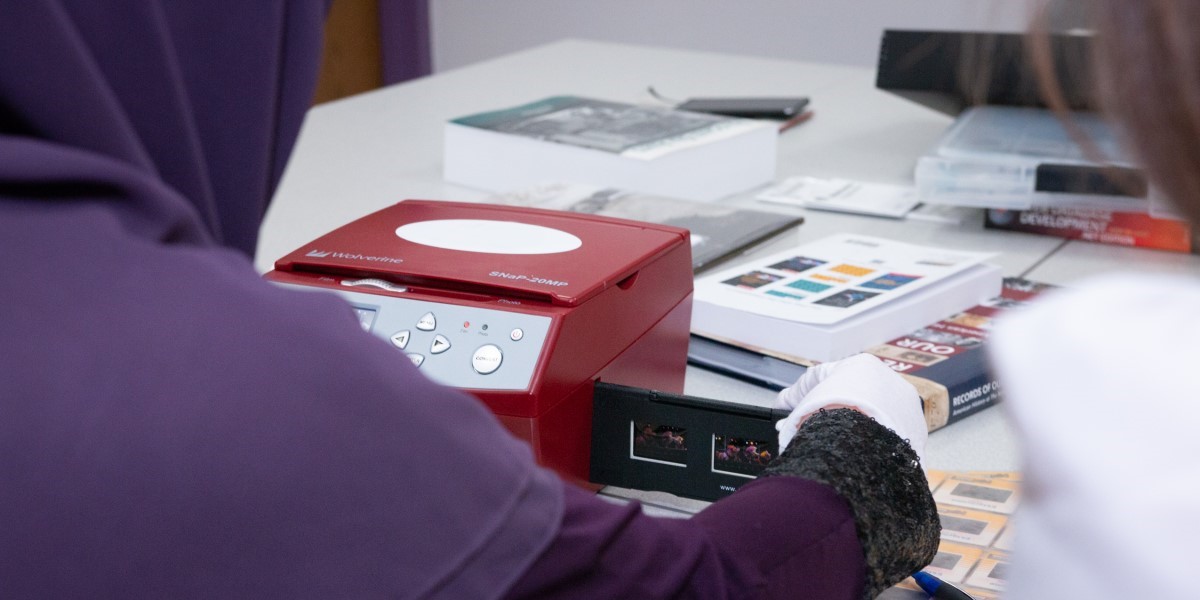
Center for Archival Futures (CAFe)
Creating systems to enable the use and care of digital objects and data over time.
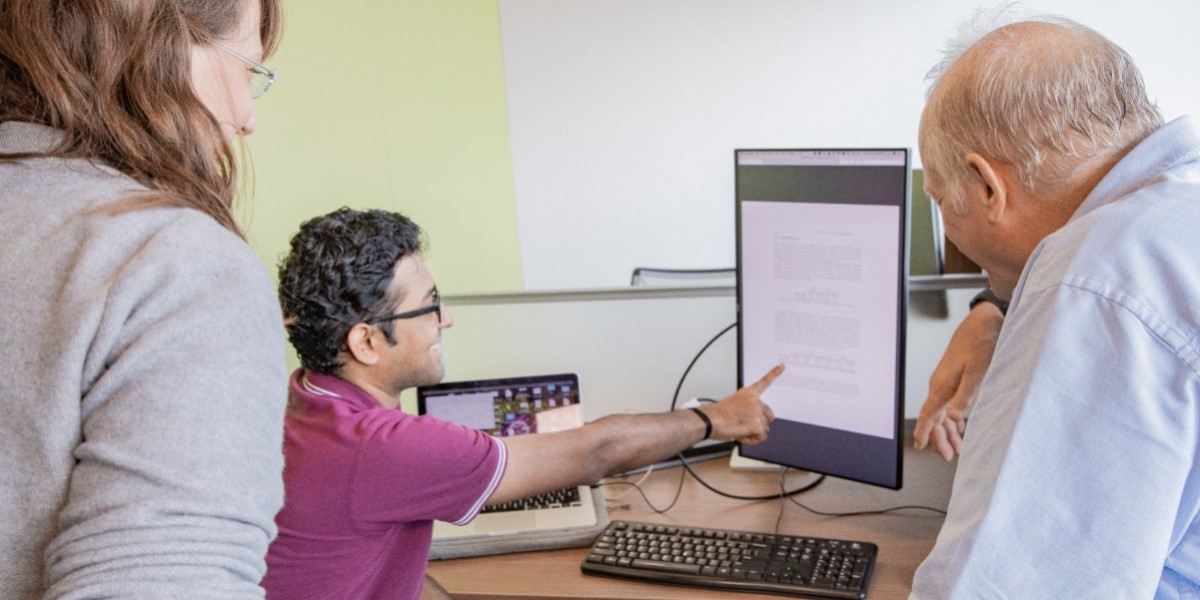
Computational Linguistics and Information Processing (CLIP) Lab
Designing algorithms and methods for computers to perform human language-related tasks.

Global Elections and Information Security (GEIS)
Studying the dynamics and systems that contribute to unsafe, polarized, and vulnerable information environments.
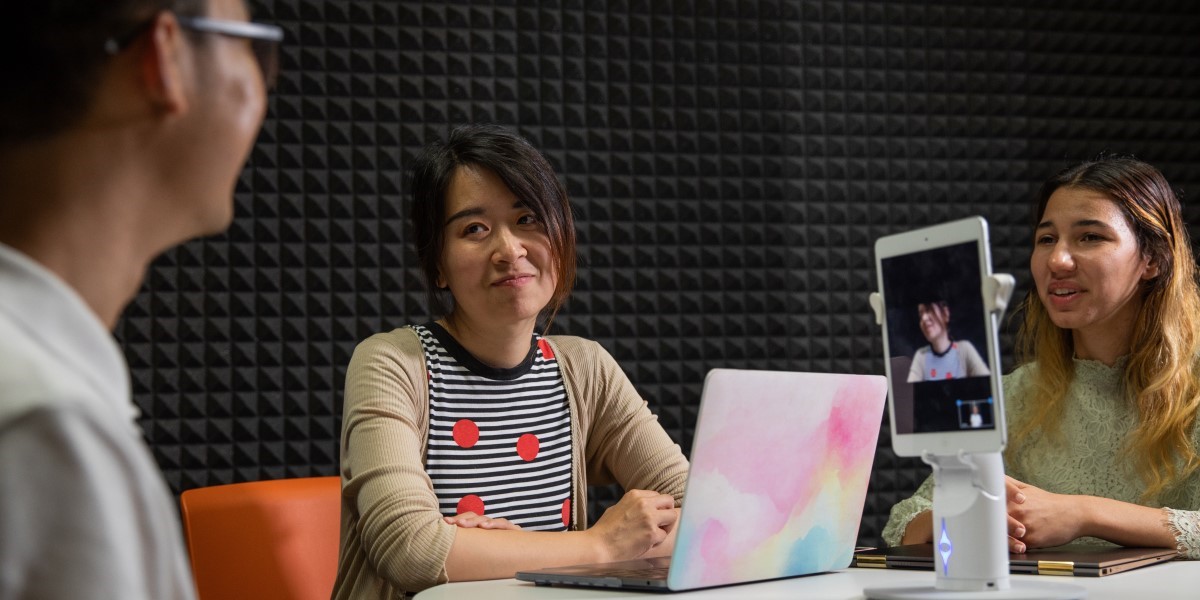
Human-Computer Interaction Lab (HCIL)
Transforming the experience people have interacting with technologies.
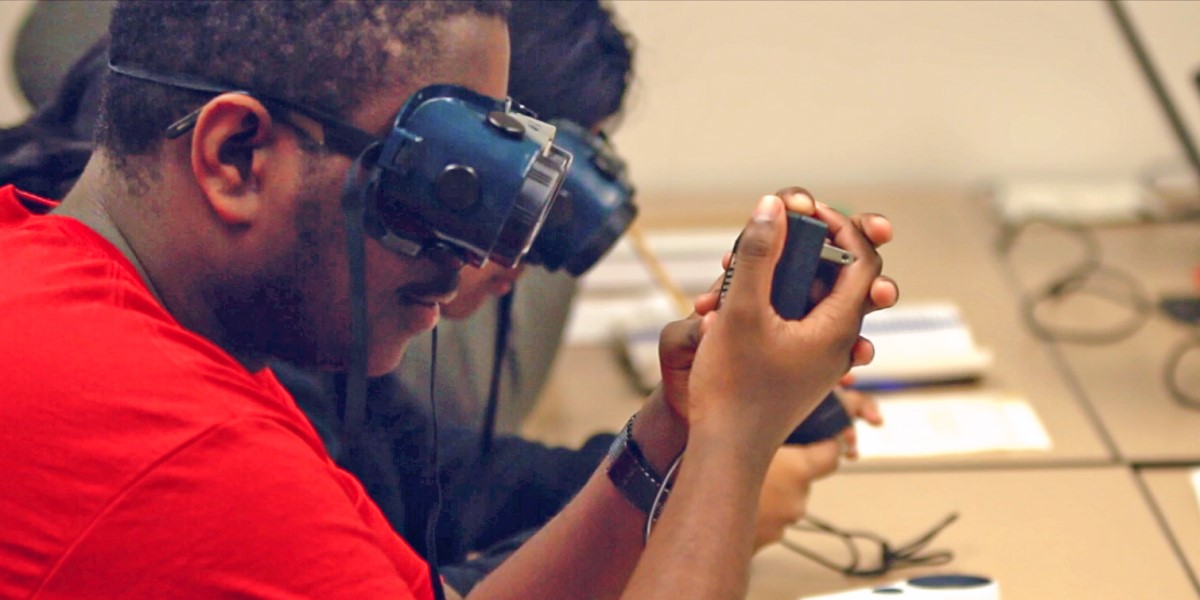
Maryland Initiative for Digital Accessibility (MIDA)
Collaborating with disability communities, tech companies, and policymakers to make digital tech accessible for people with disabilities.
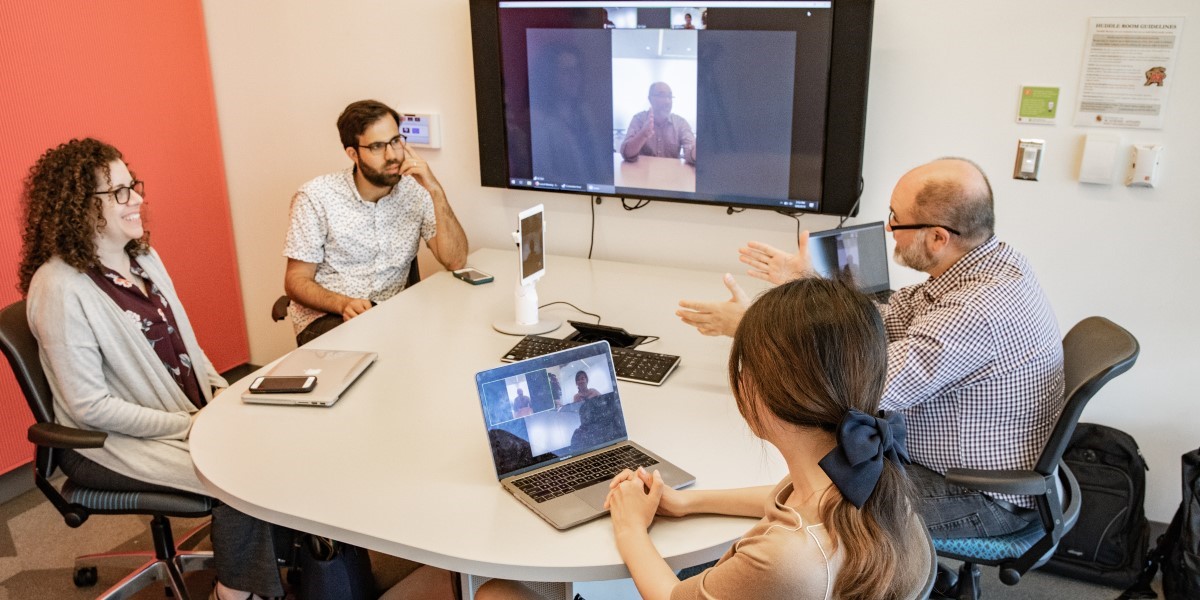
Organizational Teams & Technology Society (OTTRS) Interest Group
Exploring the intersection between teams and technology with a focus on potential advances.

Search Mastery Interest Group
Advancing search literacy as a high-priority component of information literacy education.

Social Data Science Center (SoDa)
Working with social and behavioral data at ever increasing scales for novel purposes.

Tech Policy Research & Education Hub
Addressing key issues in tech policy such as cybersecurity, data privacy, and AI governance.

Values-Centered Artificial Intelligence (VCAI) Initiative
Integrating research and education across UMD + connecting with high-impact stakeholders to transform how AI is practiced globally.